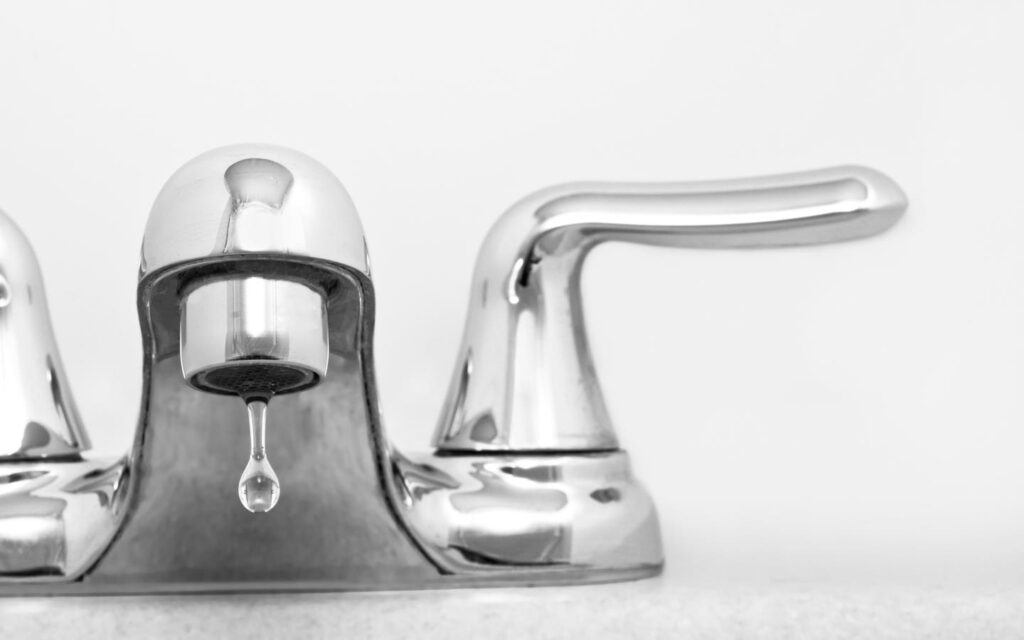David Crown, CEO and Founder of L.A. Property Management Group and Crown Commercial Property Management.
Several years ago, we were selected to manage a commercial property and oversee its soil contamination cleanup. The property had previously been a dry cleaning business and was on the verge of being required to test for poisonous airborne vapors. If the air was found to contain an excessive amount of toxins, the businesses at the property would have been shut down, tenants would have been vacated, and the owners would have had to inform their employees that they may have been exposed to airborne poisons. That’s the situation we were handed.
LAPMG selected a talented team of environmental engineers we had worked closely with in the past and implemented a remediation strategy that decreased the toxicity and satisfied the Water Board’s standards, averting any major crisis. But the situation stuck with me. I’d never been so directly confronted by the reality of the relationship between the properties we manage and the environment they are a part of. The two are inseparable, and to neglect that relationship is to fail at what we do as property managers.
Below I’ve listed five key strategies for improving a property’s relationship with its environment and how that is one of the best ways to ensure not just the health and safety of the investment itself, but most importantly, the well-being of the people whose homes and businesses we care for.
1. Energy Efficient Repairs
Regular and consistent property inspections are the lifeblood of our business; the reason property managers should strive for regular inspections is because of the cumulative effect that small problems can cause.
One of the most common but often overlooked plumbing repairs is fixing a leaky faucet, and yet according to the U.S. EPA, if it is left to drip at the rate of one drip per second, a faucet can waste over 3,000 gallons a year. That’s not only harmful to water conservation efforts in areas prone to droughts (like California) but also runs up any utility bills that property owners are billed for.
Property inspectors should be trained to examine all internal and external pipes at properties, but property managers and owners should also be adamant about having their accounting team review and compare water bills for anomalies that may indicate an ongoing leak.
2. Energy Efficient Appliances
Having outdated appliances can have a negative impact on utility bills since older models of refrigerators, air conditioners and washing machines were not typically designed with energy efficiency in mind. An older air conditioner in your LA apartment complex is likely to be consuming more energy (and costing more money) than a newer one.
To get a more efficient AC unit, consider replacing the old one with a unit that has a higher seasonal energy efficiency ratio, and replace the filters every three months. As for the other appliances in your building, you can switch out an old fridge for one that’s Energy Star certified. Refrigerators eat up a lot of energy since they’re constantly running, so getting a new model for your property would be a smart move if you’re looking to save money and lower greenhouse gas emissions.
3. EV Charging Stations
The EV revolution is here, and nothing makes it more clear than two tenants bare-knuckle boxing over the one charging station at your property. If you think the lack of EV chargers at your property won’t be a dealbreaker for prospective tenants, you should probably schedule a chat with your leasing agent.
An LA Planning Commissioner recently asked a new apartment development to include electric vehicle chargers in one-fifth of the parking bays in the building. While the “one out of five” standard may currently be a high threshold to meet for older buildings, it’s a sobering statistic for building owners who are still offering zero charging capabilities at all.
4. Improve Insulation
This is one of my biggest pet peeves because property inspectors so frequently pass over it. We’ve taken over several buildings in the past that were replacing and upgrading AC units left and right because of tenant complaints about their performance when there was really nothing wrong with the AC units at all. It was an insulation issue.
By fully insulating doors, windows, ceilings, and walls in your property, you’ll help ensure that once the place is cool or warm, it will stay that way. This can also reduce the electrical bill, which all parties appreciate.
5. Managing Waste
This might seem like an obvious one, but I have to mention it because I’ve walked several properties in the last few years that either don’t have recycling bins, don’t have enough of them or place them in a location where the tenants don’t have convenient access to them.
Multifamily buildings in California with five or more units are required to arrange for recycling services, so if your building only has trash bins, one tenant email to the city could cause problems that outweigh the annual cost of an extra bin on-site.
Encouraging owners and property managers to participate in all of these environmental strategies contributes to a healthier environment and can generate cost savings. It’s a no-brainer.
Forbes Business Council is the foremost growth and networking organization for business owners and leaders. Do I qualify?
Read the full article here
















